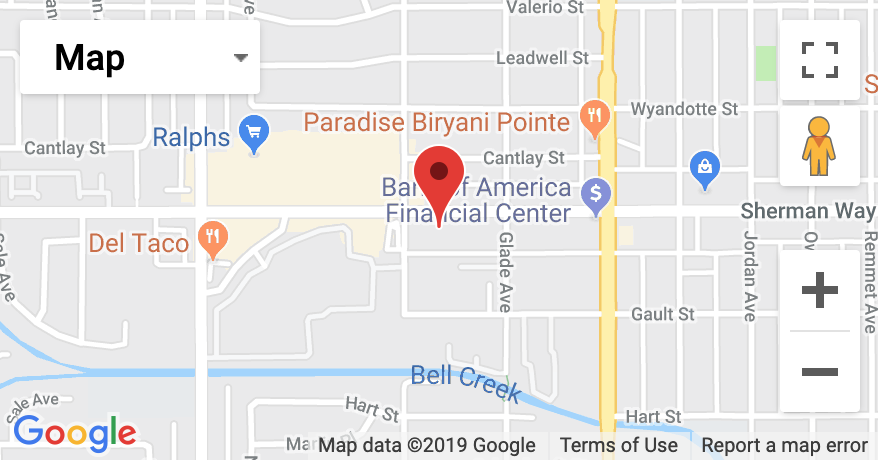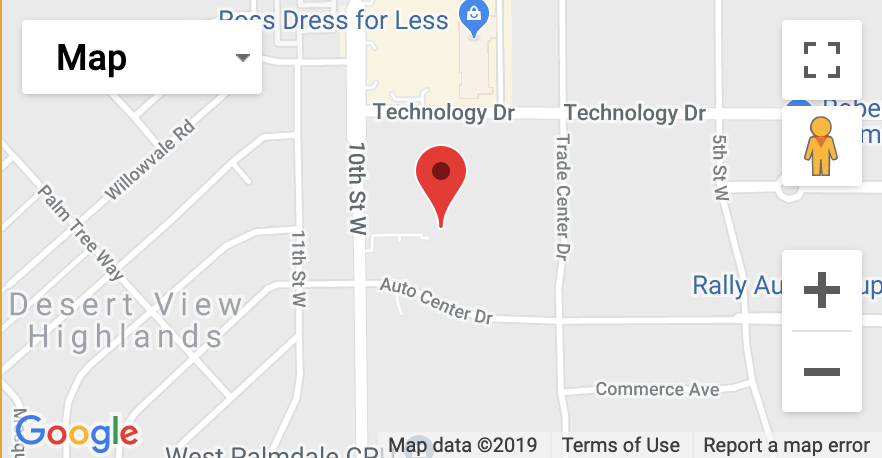Five Signs That Your Implants May Be Failing
Dental implants are considered to be a better option among patients and their dental health care providers for a variety of reasons. Implants look and feel more like natural teeth, and patients love not having to take them out at night. Most of the time, there are little-to-no complications involved with dental implants, but every now and then, a patient has problems. The following are five signs that your implants may be failing and that you should contact your dentist as soon as possible.
Persistent and Noticeable Pain and Discomfort
Some pain and discomfort are normal in the days following the implant procedure, but if it persists or becomes extreme, call your dentist and ask to be seen as soon as possible. This is especially important if the pain or discomfort occurs after the implant sites have healed.
Difficulty Chewing
This is a less obvious symptom that pain or discomfort, and you might be tempted to overlook it or consider it normal. Although some difficulty chewing may be part of the picture in the days immediately following the procedure, if this condition persists, it could be a sign that a problem exists with your implants.
Swollen and/or Tender Gums
Tenderness, pain, and/or swelling of gum tissues is another sign that something may be wrong with your dental implants. Like the conditions listed above, this might occur to some extent in the days following, but if it happens after the implant sites have healed, it could indicate a serious problem.
Receding Gums
Receding gums have a variety of causes, but if you’ve had implants installed, implant failure may be among those causes. Even if the gum recession is caused by another issue, it nonetheless increases the possibility of implant failure.
Implants Coming Loose
The conditions listed above could also be signs of other issues, but if your implants are coming loose, this is probably a sure sign of implant failure. Nonetheless, there are usually preliminary symptoms involved in cases where implants begin to come loose — including all of the above conditions. If you suspect that you may be experiencing dental implant failure, contact your dentist for an appointment.
Following the advice of your dentist on how to care for your dental implants is the best way to avoid implant failure.









Leave a Reply
Want to join the discussion?Feel free to contribute!